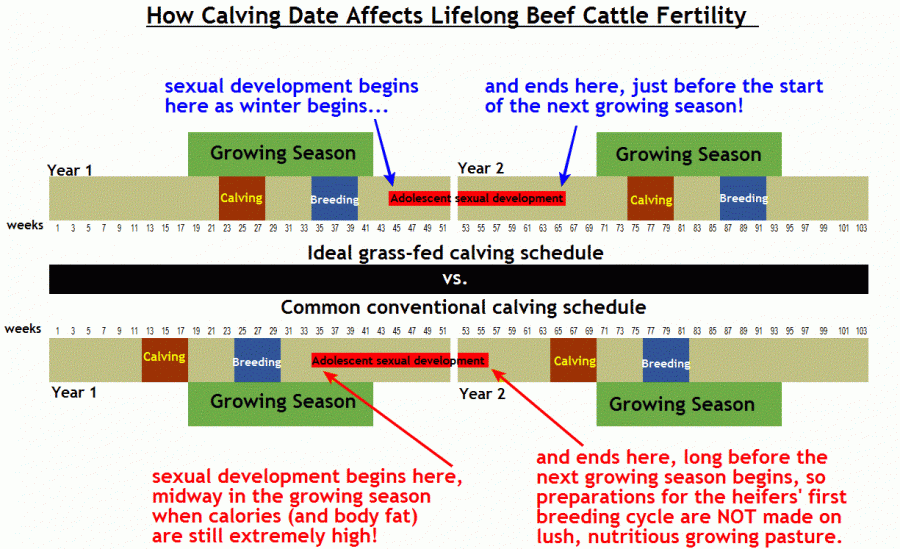
The Things Which Puts Your Fertility At Risk
Our fertility health is very delicate and there are multiple things can actually kick it out. If you are someone who is undergoing IVF treatment then there are certain precautions you should take during the entire cycle. The scientists at the University of Lagos have extrapolated findings in rats to humans. They us suggest that lime juice does have an anti-fertility property. So it might be a good idea to stay away from lime juices if you are undergoing an IVF cycle or trying for conception naturally.
On the one hand, it seems obvious that alcohol might have a negative impact upon your fertility health. However, while there is an enormous amount of evidence published on the adverse effects of alcohol consumption upon the fetus during pregnancy, there is not much data on the effect of alcohol consumption upon female infertility. But for men this scenario is different. Alcohol consumption leads to lesser quantity of sperms produced and the quality of these sperms are also under par. In most of the fertility hospitals in Bangalore, couples undergoing IVF are expected to follow a certain type of lifestyle which includes limiting of alcohol consumption, smoking and fast food or processed food eating. The general perception among people also is in such a way that they think that they will stop once they start their fertility drugs.

The next big thing we need to think about is the birth control pill. Birth control pills contain the hormones estrogen and progesterone which send signals to the brain to stop producing follicle stimulating hormone (FSH) and luteinizing hormone (LH) which would cause eggs to mature and ovulate in a natural cycle. Nowadays birth control pills are used to bring in menstrual cycle in women with irregular periods. Most IVF Centers do not recommend the use of these pills. If a person is diagnosed with PCOD or PCOS, more often it is treated naturally without any medication. The effects of these hormones cause the uterine lining to remain thin (not receptive to embryo implantation), and cause cervical mucus to be too hostile of an environment for sperm to swim toward the cervix.
